Ramaphosa Sets Wheels in Motion for Deputy Chief Justice Choice
Something big has been brewing in South Africa’s top courts—since September 2024, the Deputy Chief Justice’s chair has been empty, and everyone’s been watching President Cyril Ramaphosa. After former Deputy Chief Justice Mandisa Maya moved up to take the Chief Justice position, the legal world has been buzzing: who’s next in line?
Ramaphosa isn’t rushing. According to the Constitution, he needs to talk it through—both with the Judicial Service Commission (JSC) and with leaders from all political parties in the National Assembly. This is not just a matter of formality. The Deputy Chief Justice isn’t a figurehead. They help steer the legal system, shape how the courts run, and even stand in for the Chief Justice if there’s ever a gap at the top.
Four Heavyweights, One Crucial Pick
This time, four seasoned judges have been put forward. The shortlist includes Gauteng Judge President Dunstan Mlambo, Free State Judge President Mahube Molemela, Northern Cape Judge President Cagney John Musi, and another Free State judge, Lazarus Pule Tlaletsi. Each candidate brings their own track record, reputation, and approach to justice, making it a tough call for the President.
The JSC put the four through their paces in a string of interviews—drilling them about everything from judicial philosophy to handling high-pressure decisions. When the dust settled, the JSC publicly backed Mlambo, who’s well known for his practical leadership in Gauteng, especially during some of the judiciary’s most testing times. Still, that recommendation is just that: a recommendation. The final stamp comes from the President’s office, who can pick from Ramaphosa’s nominated list, with the JSC’s input taken into account but not binding.
During this limbo, Justice Mbuyiseli Madlanga has been keeping the seat warm, acting as Deputy Chief Justice. But that’s about to end as well—Madlanga hits his 12-year limit on the Constitutional Court bench in July 2025 and, according to the rules, his term can’t be renewed. This means the clock is ticking for Ramaphosa to find a permanent replacement, someone who can help guide the court through its next chapter.
What makes this appointment even more pressing is the context: South Africa’s judiciary is facing serious public scrutiny. There’s pressure to show independence and resilience, especially with tough court cases and political battles in the headlines. The Deputy Chief Justice has to balance legal acumen, a high tolerance for criticism, and the ability to hold the judiciary’s reputation steady under fire.
Ramaphosa insists the job is not just about technical law—it’s about leading the judiciary, ensuring fair decisions, and maintaining trust in the system. He’s made it clear that he’s consulting widely, determined that the new appointment reflects the gravity and visibility of the post. No matter which way he moves, this pick is bound to set the tone for the Constitutional Court’s direction—and the country’s legal future—for years to come.

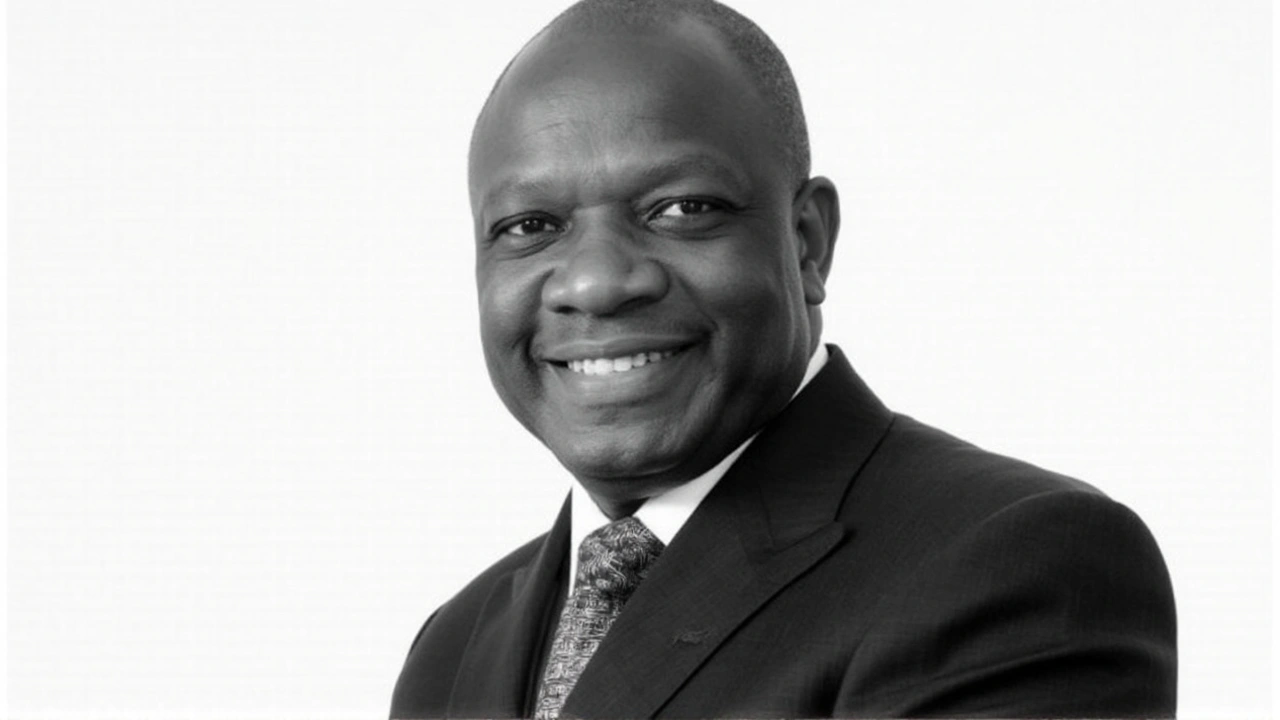
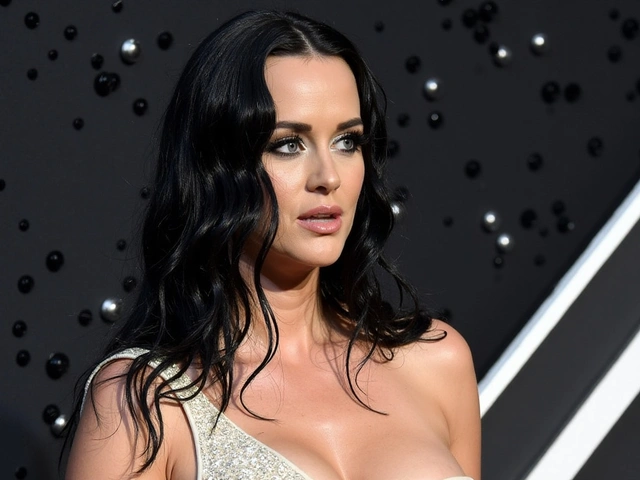
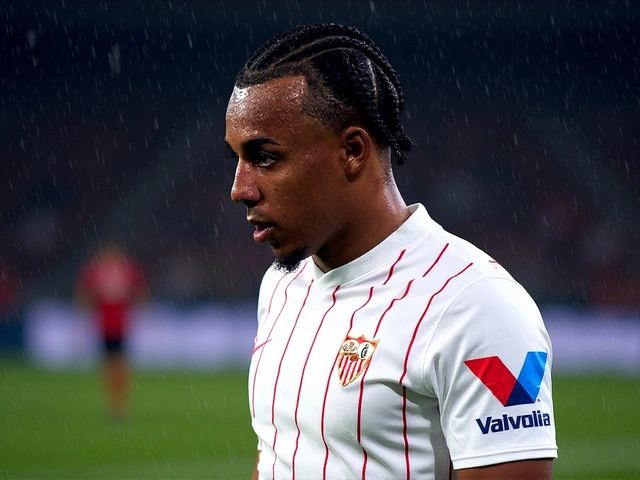
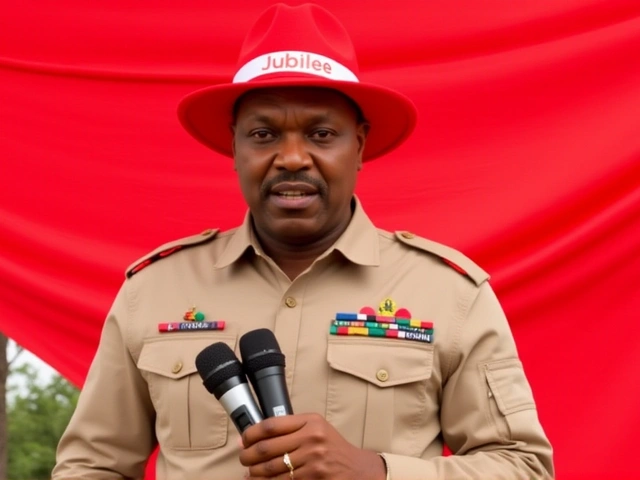
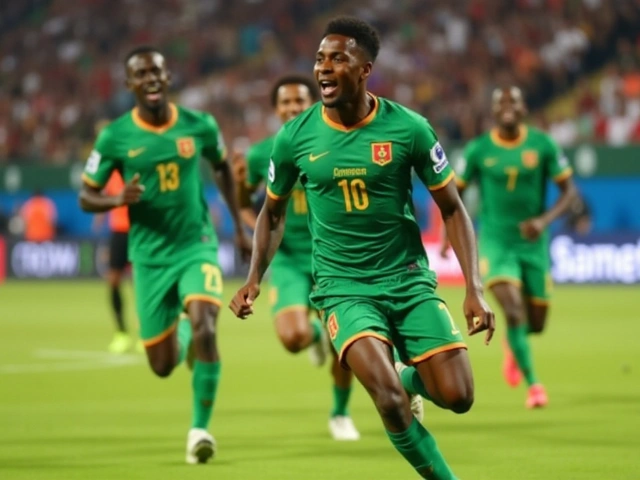
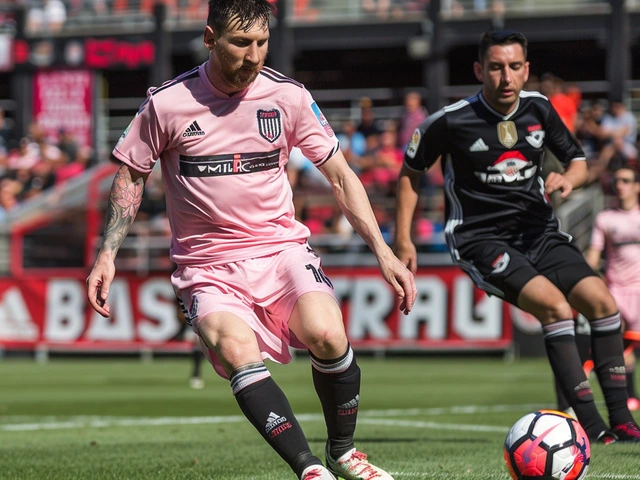
Dee Boyd
July 3, 2025 AT 20:56 PMThe appointment must uphold the sanctity of the rule of law, reinforcing the constitutional principle of separation of powers that undergirds our democracy. By selecting a Deputy Chief Justice with an unimpeachable record, the executive safeguards the judiciary’s independence and mitigates perceptions of politicisation. Moreover, jurisprudential competence-demonstrated through a consistent adherence to precedent and sound statutory interpretation-should be a non‑negotiable criterion. The decision, therefore, should be guided by legal orthodoxy rather than transient political calculations.
Rahul Sharma
July 5, 2025 AT 00:43 AMAccording to Section 89 of the South African Constitution, the President must consult the Judicial Service Commission, as well as the political parties represented in the National Assembly, before finalising any appointment; this procedural matrix is designed to ensure transparency, legitimacy, and a broad-based consensus. The JSC’s role, which includes rigorous interviews, background checks, and an assessment of each candidate’s judicial philosophy, serves as a vital filter against partisan bias, and it has already highlighted Judge President Dunstan Mlambo’s track record of administrative efficiency. It is also worth noting that the acting Deputy Chief Justice, Justice Mbuyiseli Madlanga, will vacate his seat upon reaching the twelve‑year tenure limit in July 2025, thereby creating a narrow window for a permanent successor. Consequently, the timing of the appointment is not merely procedural but strategically significant for maintaining continuity within the Constitutional Court. Historical precedents, such as the 2019 appointment of Chief Justice Mogoeng, illustrate how a well‑balanced selection can reinforce public confidence in the judiciary’s independence. In contrast, any perception of a rushed or politically motivated choice could erode that trust, especially given the current climate of heightened scrutiny. Stakeholders, including civil‑society organisations and legal academics, have repeatedly urged that the nominee possess not only a robust jurisprudential acumen but also the capacity to withstand intense public and media scrutiny. Ultimately, the President’s decision will set a tone for the judiciary’s future trajectory, influencing both the court’s internal dynamics and its external legitimacy.
faye ambit
July 6, 2025 AT 04:29 AMThe balance between judicial independence and accountable governance is essential; an appointment that reflects both legal expertise and ethical integrity can foster public trust.
Lemuel Belleza
July 7, 2025 AT 08:16 AMThis whole process looks like a staged theater for political optics.
Gerald Hornsby
July 8, 2025 AT 12:03 PMPower shifts in the shadows, and the law becomes a stage for unseen players.
Ethan Smith
July 9, 2025 AT 15:49 PMWhile the metaphor is vivid, it is important to remember that the constitutional framework provides concrete checks that limit such clandestine influences.
Evelyn Monroig
July 10, 2025 AT 19:36 PMThe JSC’s endorsement of Mlambo cannot be taken at face value; behind the veneer of merit lies a network of backroom deals orchestrated by entrenched interests seeking to steer the judiciary toward a favorable agenda. The timing aligns suspiciously with upcoming legislative battles, suggesting a calculated move to embed sympathetic jurists before any major reforms take effect. In an environment where political patronage permeates institutions, the appointment process is susceptible to manipulation, and the public deserves a far more transparent scrutiny than the perfunctory consultations currently offered.
Lester Focke
July 11, 2025 AT 23:23 PMWhile concerns regarding procedural opacity merit consideration, it is essential to ground any critique in verifiable evidence rather than conjecture, thereby upholding the standards of scholarly discourse.
Emily Kadanec
July 13, 2025 AT 03:09 AMActually, the Constitution spells out that the President *must* consult the JSC, not just "should", and the deadline for the appointment is clearly outlined in Section 89; missing that detail could lead to misinterpretations.
william wijaya
July 14, 2025 AT 06:56 AMIt’s understandable that such nuances cause confusion; the procedural lexicon, replete with terms like “consultative mandate” and “institutional legitimacy,” can be daunting, yet grasping them is crucial for appreciating the gravity of the Deputy Chief Justice’s forthcoming role.
WILL WILLIAMS
July 15, 2025 AT 10:43 AMLet’s hope the next pick brings fresh energy and sharp legal mind to the bench.
Barry Hall
July 16, 2025 AT 14:29 PMAgreed! A dynamic leader could really revitalize the court 😊
Hina Tiwari
July 17, 2025 AT 18:16 PMi think its super important that the new deputy chief justice can handle both the caseload and the public pressure, especially given the recent controversies.
abi rama
July 18, 2025 AT 22:03 PMIndeed, with the right person, the judiciary can navigate these challenges and maintain its integrity.
Megan Riley
July 20, 2025 AT 01:49 AMRemember, folks-choosing a Deputy Chief Justice isn’t just about legal chops; it’s also about character, vision, and the ability to inspire confidence across the nation; let’s keep the dialogue constructive and focus on what truly matters for justice!.
Carol Wild
July 21, 2025 AT 05:36 AMOne cannot overlook the subtle machinations that underlie every high‑profile judicial appointment, especially in a nation where the corridors of power are perennially suffused with vested interests and clandestine alliances. The JSC’s public endorsement of Judge President Mlambo, while ostensibly based on meritocratic criteria, may in fact be the culmination of a protracted lobbying campaign orchestrated by elite law firms and political benefactors seeking to embed a pliable jurist within the constitutional hierarchy. Historical analyses of comparable appointments have repeatedly demonstrated that “merit” often serves as a veneer for the quiet insertion of individuals whose ideological dispositions align with opaque agendas. Moreover, the timing of this selection, coinciding with the imminent legislative debates on land reform and economic redress, suggests a preemptive strategy aimed at securing a sympathetic voice in forthcoming judicial adjudications. It is also noteworthy that the media narrative, meticulously curated by state‑aligned outlets, has consistently highlighted Mlambo’s administrative acumen while conspicuously downplaying any prior controversies or dissenting opinions he may have expressed. Such selective amplification reinforces the perception of a coordinated effort to shape public opinion, thereby marginalising dissenting perspectives. The involvement of foreign consultancy firms, as reported in confidential briefing documents leaked to investigative journalists, further complicates the picture, indicating that external actors may be leveraging the appointment to advance broader geopolitical objectives under the guise of “legal reform.” In addition, the internal dynamics of the JSC itself have been subject to criticism, with several senior members allegedly dissenting from the unanimous recommendation yet being silenced through procedural maneuvering. This suppression of internal debate contravenes the spirit of deliberative governance that the Constitution purports to uphold. Consequently, the appointment process, far from being a transparent exercise of democratic oversight, resonates with the characteristics of a controlled selection designed to preserve the status quo of power distribution. It is incumbent upon astute observers, seasoned scholars, and vigilant citizens to scrutinise the underlying motives, question the ostensible unanimity, and demand a level of accountability commensurate with the gravity of the office. Only through such rigorous interrogation can the façade of impartiality be penetrated, revealing the true architecture of influence that defines the contemporary South African judiciary.
Rahul Sharma
July 22, 2025 AT 09:23 AMWhile your concerns about covert influences merit consideration, it is essential to differentiate between substantiated evidence and speculative inference; the constitutional safeguards, including the multi‑party consultation requirement and the transparent interview process, are expressly designed to mitigate undue interference, and procedural records indicate that each candidate’s qualifications were thoroughly vetted, documented, and made publicly available, thereby reinforcing the legitimacy of the selection.